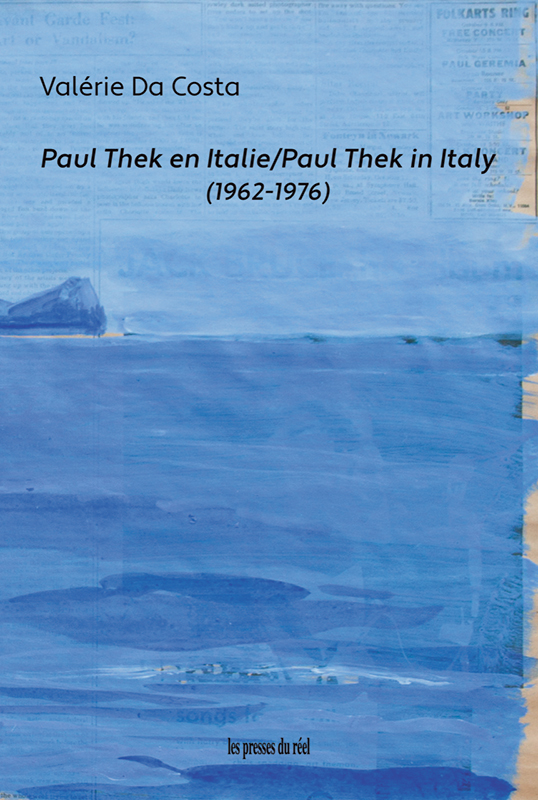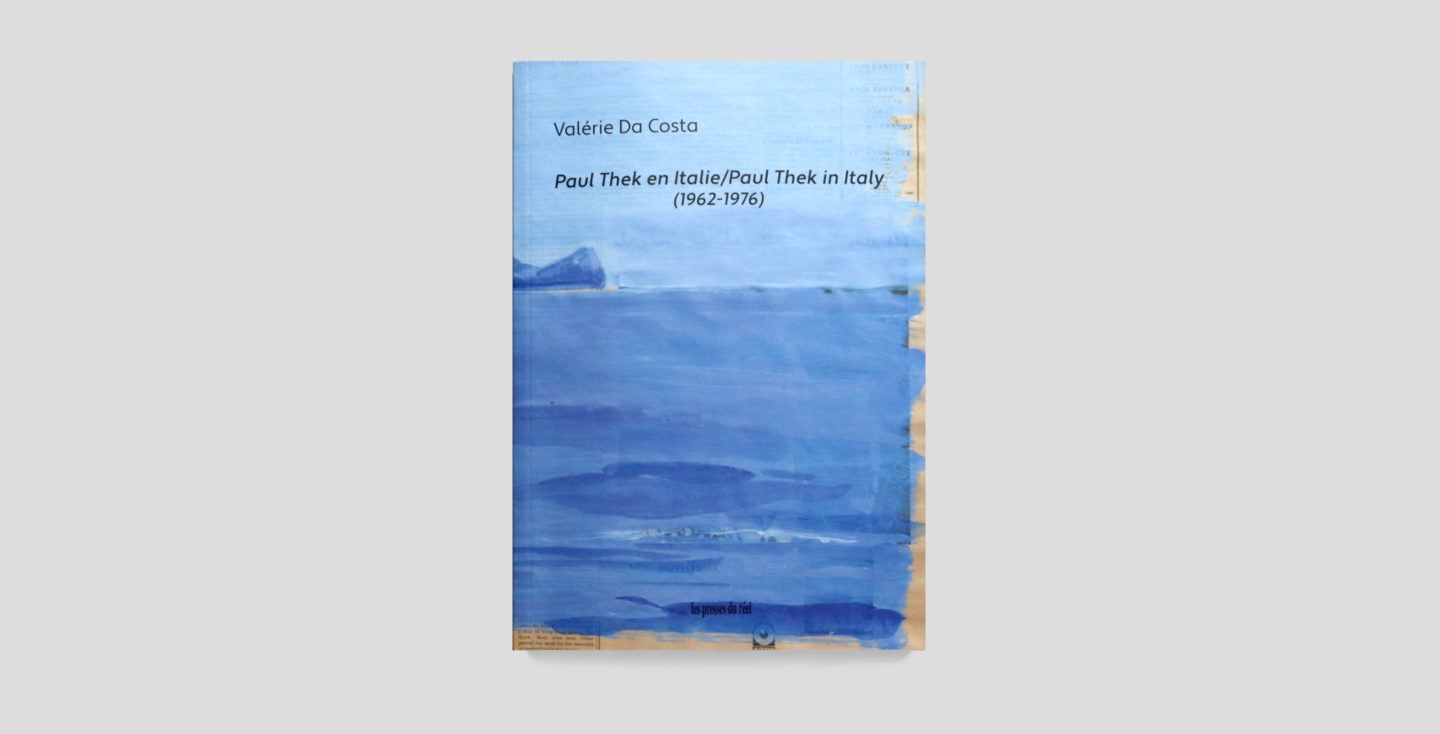Paul Thek (1933-1988), one of the most singular American artists of the second half of the 20th century, always refused to belong to mainstream art.
During the 1960s, his work developed on the fringes of Pop art and minimal art, taking the body as its subject in its most carnal representation.
A free-spirited, well-travelled artist, he spent fifteen years travelling around Europe and living in Italy, where his art and culture profoundly influenced some of his work.
The author of an unclassifiable and incredibly diverse body of work ("Technological Reliquaries", ephemeral and collective installations, paintings and drawings, etc.), Paul Thek has never ceased to interweave in his work the oppositions that have been central to his life: the spiritual and the corporeal, life and death, the sacred and the profane.
Valérie Da Costa, author of the recent book Paul Thek en Italie / Paul Thek in Italy 1962-1976 (Presses du Réel), takes a closer look at his work on the occasion of the exhibition co-curated by MAMCO in Geneva from March to June 2024.
Valérie Da Costa is an art historian, art critic and curator. She is a senior lecturer (HDR) in the history of contemporary art (twentieth and twenty-first centuries) at the University of Strasbourg.
Her research focuses in particular on Italian art of the second half of the twentieth century, on which she has published numerous texts and books.
She curated the exhibition "Vita Nuova. Nouveaux enjeux de l'art en Italie 1960-1975" (MAMAC, Nice, 2022) and is co-curator, with Lionel Bovier, of the "Paul Thek" exhibition (MAMCO, Geneva, 2024).
Penser le Présent is supported by Société Générale.
Amphithéâtre des Loges - 14 rue Bonaparte, Paris 6e
Free admission subject to availability
Photo credits: © All rights reserved

Couverture de Paul Thek en Italie / Paul Thek in Italy 1962-1976




